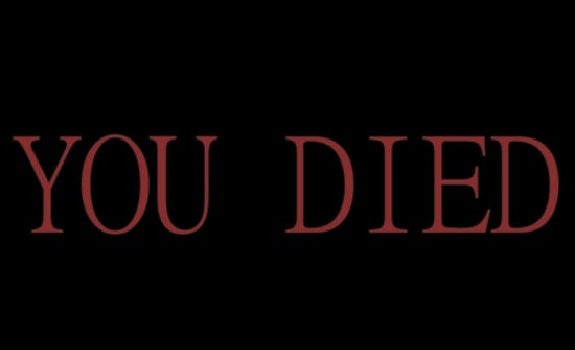The following is an episode of The Drawing Board, a podcast by With a Terrible Fate that highlights the unstructured conversations about video games from which our analytical content is derived.
Welcome to Episode 8 of The Drawing Board, a podcast by With a Terrible Fate.
One of the obviously special aspects of video-game storytelling is that, as the name suggests, these stories are also games, complete with goals, rules, and the subject of today’s conversation between Dan and me: difficulty.

The iconic symbol of difficulty from Dark Souls.
Difficulty has the potential to interact with video-game storytelling in a variety of ways. To name a few:
- A game’s gameplay can be so difficult to successfully execute that many players can’t progress through the story (e.g., Bloodborne, Dark Souls, Nioh)
- Games can have gradable difficulty levels that allow players to experience the same plot while adjusting the gameplay to the degree of challenge that they prefer (e.g., Deus Ex, Five Nights at Freddy’s)
- In games with player choices of differing moral valences, it might be more difficult for the player to progress in the story making “good” choices than it is for them to progress making “bad” choices, or vice versa (e.g., Dishonored, BioShock, Deus Ex)
How much can these various aspects of difficulty really make a difference to the substance of a video game’s story? Is video-game “difficulty” the same kind of difficulty found in classically “difficult novels” such as Ulysses, or is it something else entirely?
Listen in, and find out.



